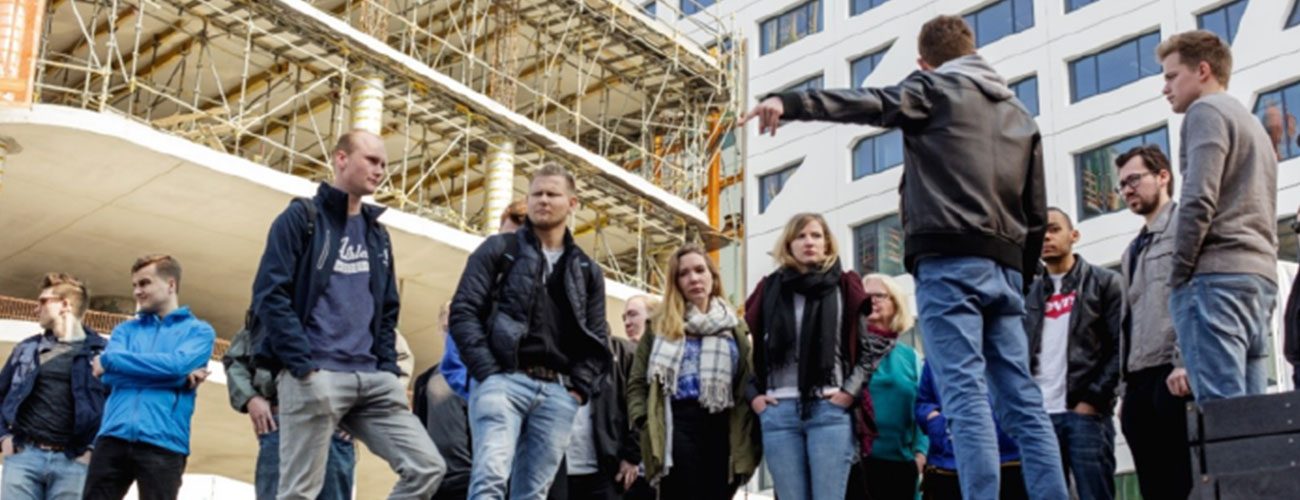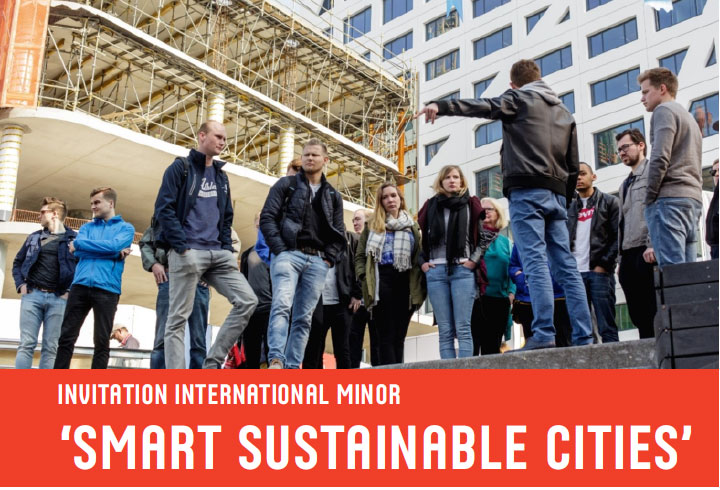What’s the Good Practice about?
The minor Smart Sustainable Cities is an international one semester study program at the University of Applied Science in Utrecht. The program has a strong multidisciplinary approach in solving sustainability challenges in the urban environment. How do we solve problems related to energy, mobility, and waste in the city? How do we ensure inclusiveness, participation, and tolerance in the city? How can we solve the issues in a smart way, for example with the help of ICT?
Why implementing the Good Practice? What are the special features of the Good Practice?
The future of humankind depends to a great extent on whether we will be able to boost the sustainable development of cities. The student assignment / projects in the program have a local / regional focus, meaning that students design a sustainable solution for a local or regional challenge. There is however an international dimension to the program, while it attracts students from different countries, there are international teachers, and students have the opportunity to go abroad during the program. The international dimension is inspiring. It gives opportunities for launching new projects and topics. The results of the student projects could in the end be implemented in real life, which could have an environmental effect. Another effect is the behavioral change of the students after having followed this program.
What are the challenges in implementing the Good Practice?
What’s the key to success?
The wide range of backgrounds that students have versus content and depth of the program is a challenge in implementing the Practice. That could be addressed by focusing on the individual contributions that students could make from their own discipline. In some countries students expect clear assignments and instructions, and in other countries students feel more responsible to take the lead themselves. This differences in the learning culture sometimes causes confusion or dissatisfaction among students.
What worked well is the strong multidisciplinary approach of the program, making students aware of the strong interdependencies of sustainability challenges. Second the various backgrounds, nationalities, and cultures was key to understanding sustainability challenges and solutions. The international exchange within the program is very beneficial, giving students the opportunity to go abroad for a short period. In the end students have significantly increased their soft skills.


